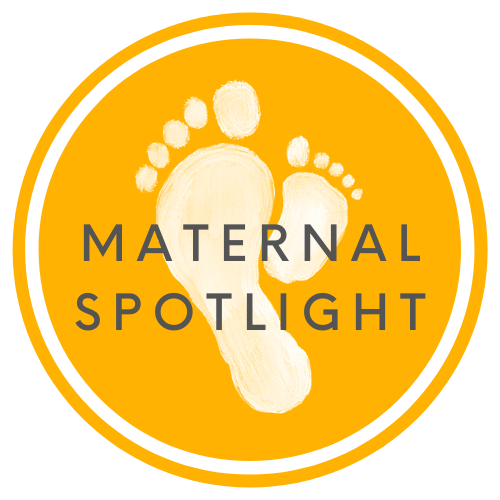Spotlight Research
Too many aspects of well-woman health, reproduction, pregnancy, birth, parenting, and caregiving are absent from available data, leaving us unable to identify problems and design targeted interventions.
By conducting, collecting, and sharing research in these areas, Maternal Spotlight aims to enable researchers, institutions, and policymakers to create meaningful changes to the maternal experience.
Furthermore, disseminating our findings can help women, birth parents, caregivers, and their support systems empower themselves for better experiences and improved health outcomes.
Array of Maternal Experiences With Example Characteristics
We are developing a maternal experience model based on existing socio-ecological frameworks.
Source: Authors’ analysis, Distribution of Medical Events, Medical Expenditure Panel Survey, 2005-2015. Presented at the American Public Health Association Annual Conference, Philadelphia 2019.
Current Projects
Quality of Maternal Care Projects
Postpartum Follow-Up Care Study
The Agency for Healthcare Research and Quality (AHRQ) defines quality health care “as doing the right thing for the right patient, at the right time, in the right way to achieve the best possible results.”
We consider this carefully in our quality of maternal care projects through quantitative & qualitative approaches. At the 2019 American Public Health Association Annual Conference we presented results from our study examining how often women attend the recommended postpartum follow-up visit within 60 days of an inpatient delivery.
Our analyses not only illustrated opportunities to examine barriers to follow-up care, but also further highlighted how valuable it is to connect mothers to both medical and social supports in the first year after childbirth.
examining inequities in maternal data
Our study, “Identifying Significant Data Gaps and Implications For Creating Meaningful Quality Improvement” received the “Highest Scoring Abstract” award at the 2018 American Public Health Association Annual Meeting. In our review of existing quality measures and survey data, we found only one national quality measure addresses the postpartum period, leaving performance on longer-term outcomes for mothers largely unknown. As this landscape is evolving we are continuing to examine new guidelines, policies, and proposed metrics which can improve maternal outcomes.
UPCOMING PROJECTS
We are creating partnerships with several organizations as we continue to grow. Here are some examples of what’s in our pipeline.
Long Island Community Projects
Through our partnerships with the Long Island Doula Association and The Nesting Place, we will investigate the effects of birth and postpartum supports on maternal and child outcomes.




